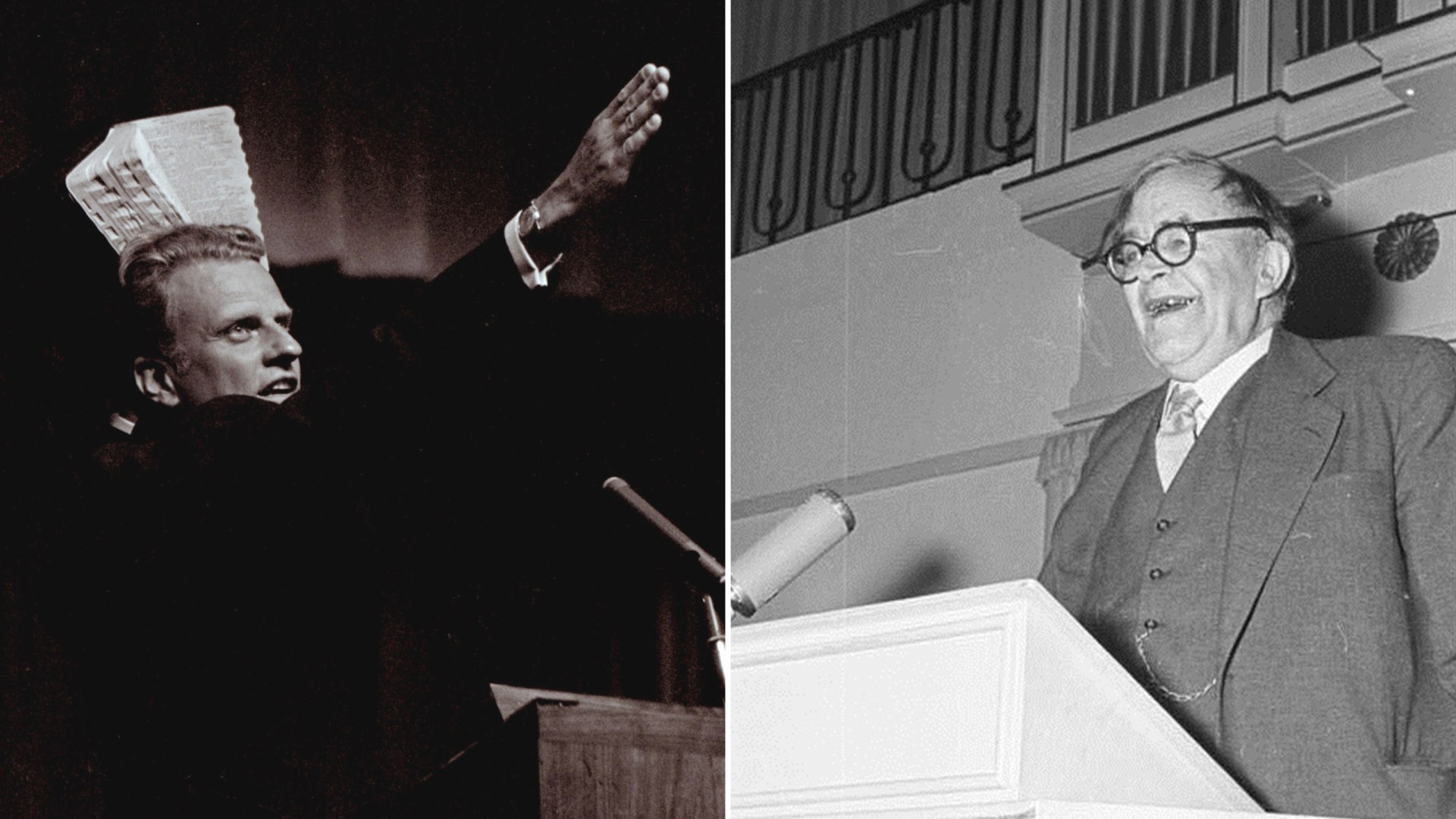The uncertainties and conflicts of national and international tensions are in themselves no excuse for the pessimist or the cynic in Christian circles. Nor are they a legitimate excuse for man to lay impatient hands on the ark of the universe to steady it. We are prone to forget that God sees all time and eternity at once.
We need a new vision of the sovereign God, of a sovereignty which is universal, unlimited and immutable. Neither chance, the follies of man, nor the malice of Satan can determine the sequence of events and their issues. God has not abdicated; He is on His throne and He still causes the wrath of man to praise Him. He is aware of world disorder and He has provided its cure. To the Church He has committed the Gospel and it is still the power of salvation to all who believe. To understand the content of that Gospel and to make that content known is the impelling duty of the individual Christian and of the Church.











